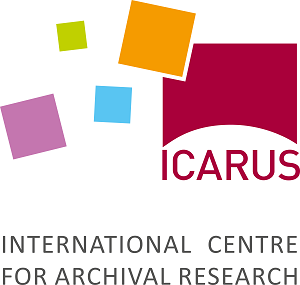Monasterium.net is still the largest resource where medieval and early modern charters are available online. However, it represents much more the research aproach from it's beginning phase, where availability of charters online was a significant achievement and the main question was, how to convert our analogue knowlegde about the historical documents into a digital form. Monasterium.net has built best practices in the creation of visual representations of charters ("digitisation"), provides acess to strucutrued metadat through the Charters Endcoding Initiative (CEI) descriptive standards, and offers users the possibility to work with the material. Therefore, it is a brilliant example of what digital diplomatics can achieve: research collections like the Illuminierte Urkunden project (https://www.monasterium.net/mom/IlluminierteUrkunden/collection) or the experiment with the conversion of the Censimento attempts into a digital environment (https://www.monasterium.net/mom/CensimentoDOZA/collection) demonstrate that research can profit from a tool in which researchers have access to archival holdings and retrodigitised editions to create their own scholarly resources.
However, digital humanities research has demonstrated how much insight one can gain by applying statistical methods to large corpora. In the reserach with charters, the DEEDS project with its dating algorithm (http://128.100.218.174:9080/Dater/daterSavingShingles.jsp) or the work of Nicolas Perraux with the CEMA corpus (https://cema.lamop.fr/, Perreaux 2021) are prominent examples of this approach.
The presentation will discuss how the recent developments in applying machine learning and artificial intelligence methods can forster this transformation from digital to distant diplomatics, that is in the core of a recently started ERC project (https://didip.eu). It attempts to take up the community engagement strand from Monasterium.net, building a wirtual research environment in which users of Monasterium Next Generation should get access to services processing images, texts, and structured data as provided by the archives and their colleagues to explore large scale charter collections. The presentation will invite the audience, in particular archives which less access to larger technical expertise to make their charters part of a distant diplomatics research, in which humans might gather new insights into the European history supported by critically evaluated artifical intelligence methods.

 PDF version
PDF version
